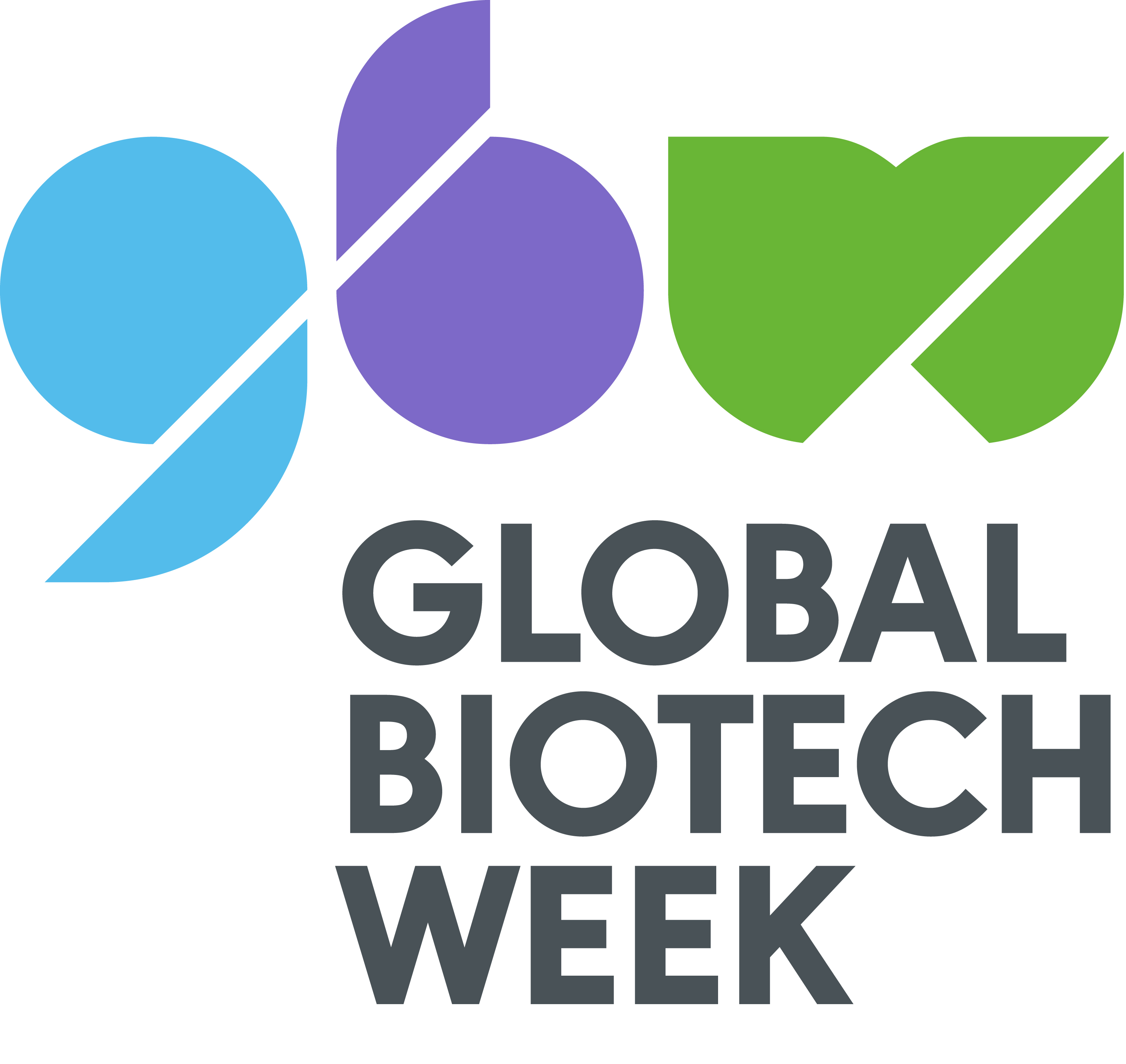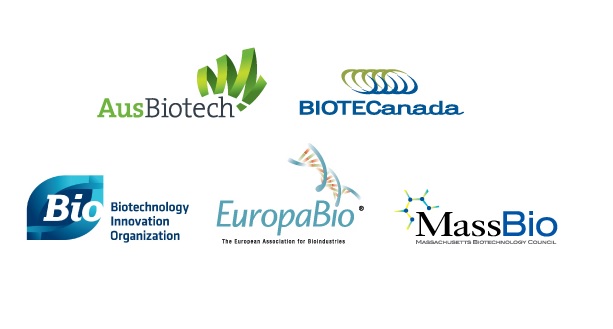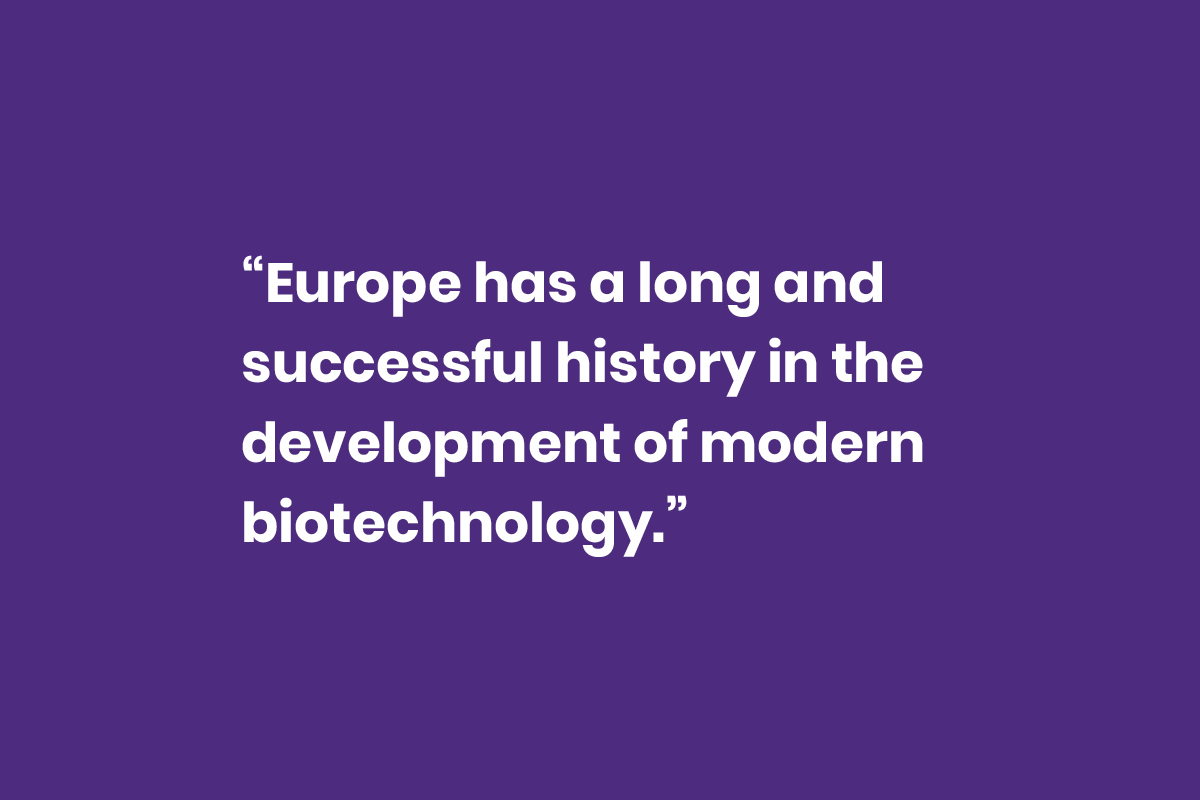 The world’s population is moving past seven billion and quickly towards the nine billion person mark. This rapid and significant population growth will be accompanied by equally significant economic growth, particularly in China and India. When combined, the population growth and its corresponding economic surge requires societies around the world to not only adapt to the health implications of an already changed climate and environment but also seek more efficient and less environmentally impactful ways to grow food and manufacture goods. Within the social imperative of addressing these global challenges lies the enormous opportunity for the innovative solutions biotechnology delivers.
The world’s population is moving past seven billion and quickly towards the nine billion person mark. This rapid and significant population growth will be accompanied by equally significant economic growth, particularly in China and India. When combined, the population growth and its corresponding economic surge requires societies around the world to not only adapt to the health implications of an already changed climate and environment but also seek more efficient and less environmentally impactful ways to grow food and manufacture goods. Within the social imperative of addressing these global challenges lies the enormous opportunity for the innovative solutions biotechnology delivers.
Canada was the first country to originate a national Biotech Week back in 2003. What began as a modest advocacy and awareness string of events experience where provincial partners gathered grew into a national success story which gained traction and snowballed to encouraging EuropaBio to establish their own annual week of events in 2013 across the European Union, with involvement by 60% of the EU in 2015.
Whether in the United States, Europe, Australia, Canada or elsewhere, biotech innovation is becoming increasingly central to the global competitiveness of the industries and sectors that form the economic foundation of economies. In this context, the expansion of national programs to the inaugural Global Biotech Week running September 26 – October 2, 2016 represents an important opportunity to acknowledge the global challenges and opportunities faced by all of society while also showcasing the many important industrial, health and agricultural solutions biotech provides in addressing these challenges. The purpose of Global Biotech Week is to raise awareness of the industry and its global potential amongst policymakers, policy influencers and the general public more broadly. All countries are invited to join in on the celebration and use Global Biotech Week to showcase their country’s success and the industry’s global significance.
“Europe has a long and successful history in the development of modern biotechnology and as a result currently has in place many of the components necessary for global competitiveness and success in biotechnology,” commented Nathalie Moll, Secretary General of EuropaBio. “To have a successful thriving biotech ecosystem countries need key elements consisting of: world-class universities and research institutes; biotech entrepreneurs; incentives throughout the life-span of companies as well as predictable and workable regulatory frameworks and a highly educated workforce. Joining together with international colleagues is a great way to show that biotech has no boundaries and delivers solutions to society’s grand challenges the world over.”

To this end, BIOTECanada is leading a week of programming in collaboration with international partners including BIO, EuropaBio, AusBio to coordinate initiatives to showcase the industry and its global significance. In this context, Global Biotech Week will provide an important and timely opportunity to showcase the interconnected biotech ecosystem and its key players. Importantly, one of the core strengths of the international biotech industry is the number of industry clusters found in each country. The ultimate core strength is the people. At its very heart biotech is really little more than a bunch of good ideas. It is the people that drive the innovation forward and make the industry the success it is.
To learn more contact Nadine Lunt BIOTECanada Nadine.lunt@biotech.ca

